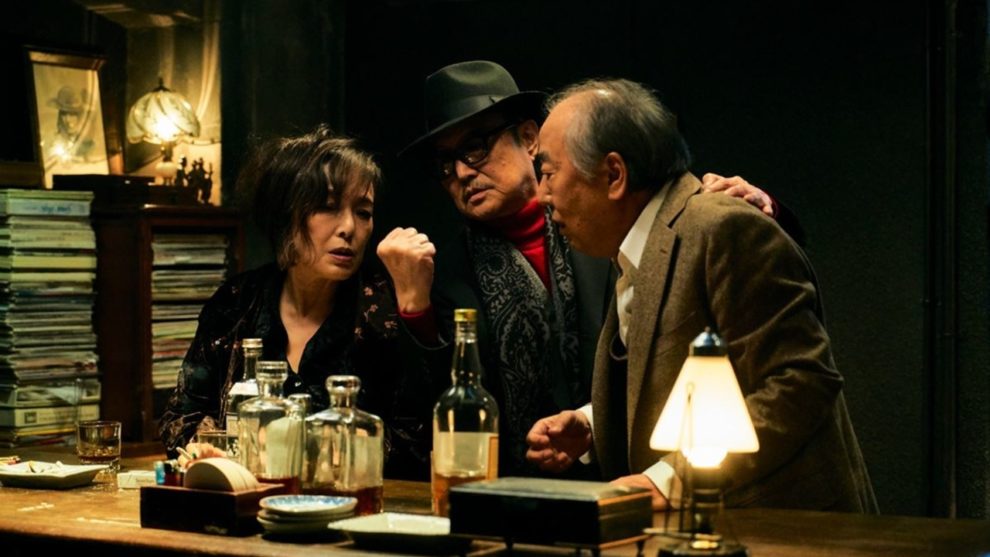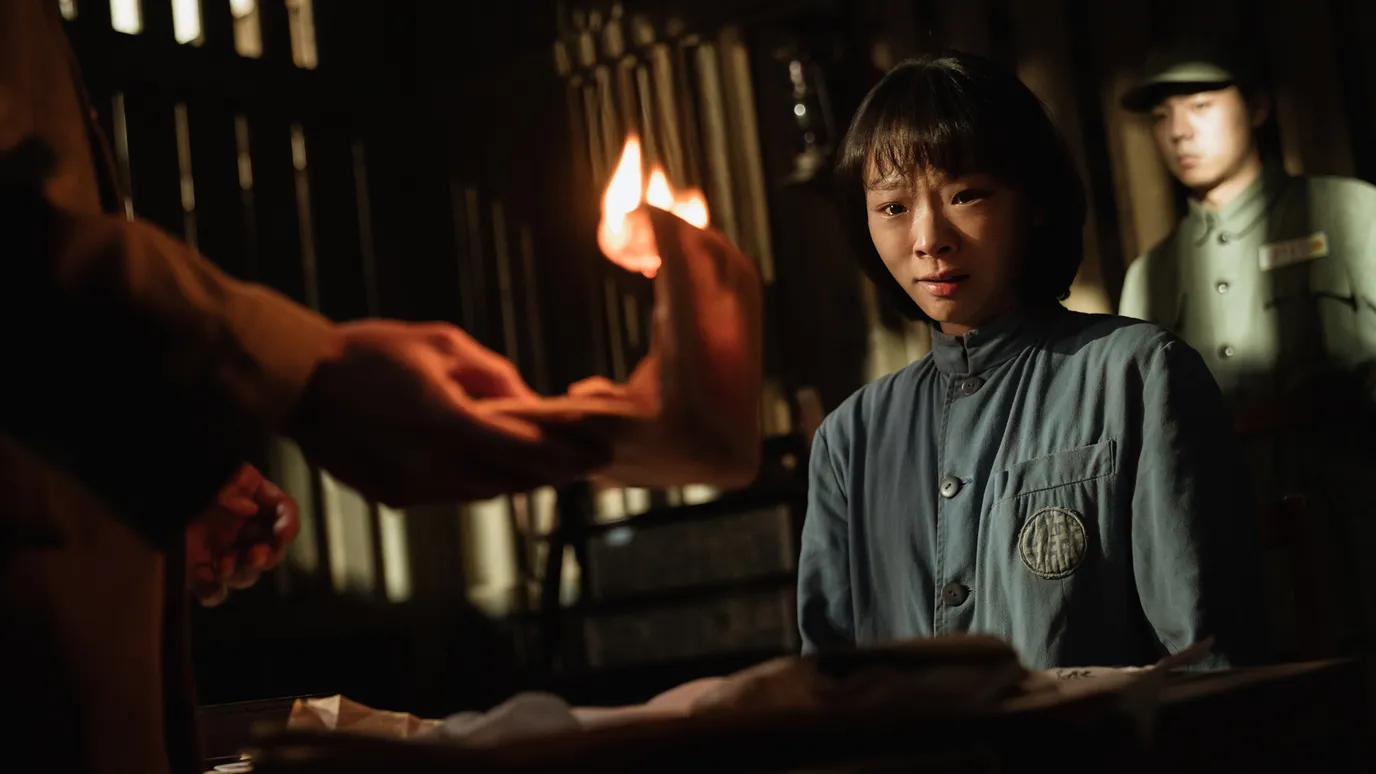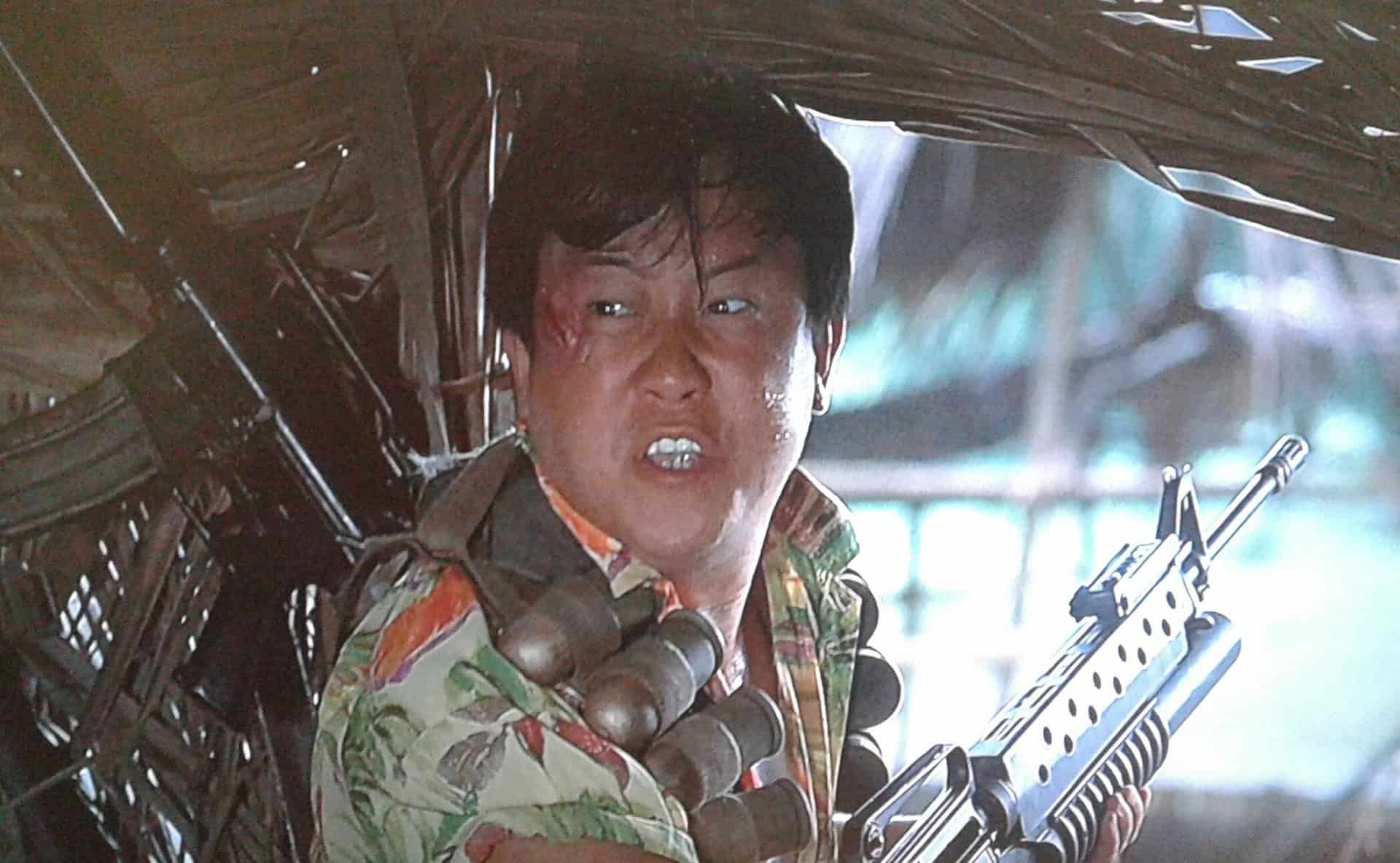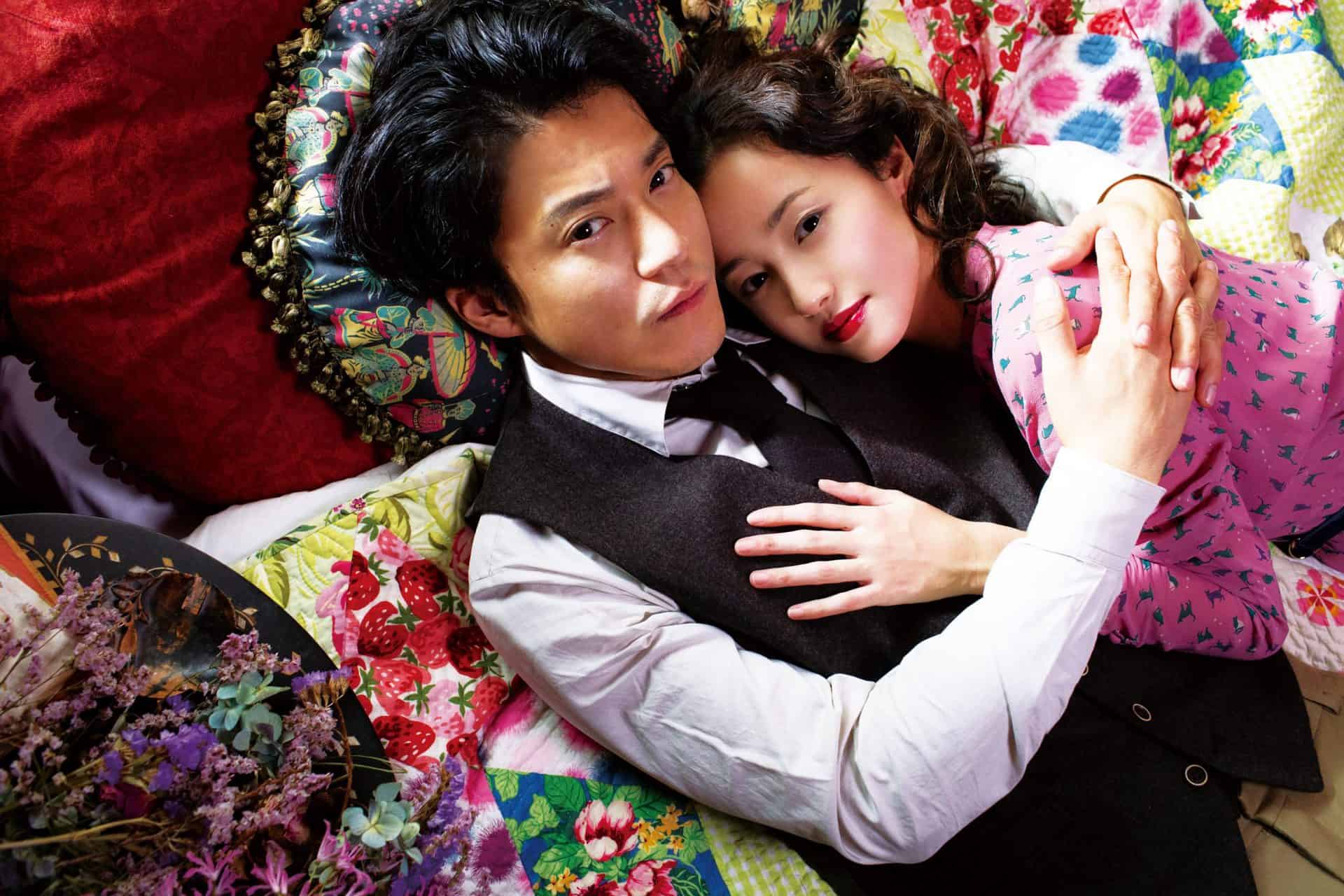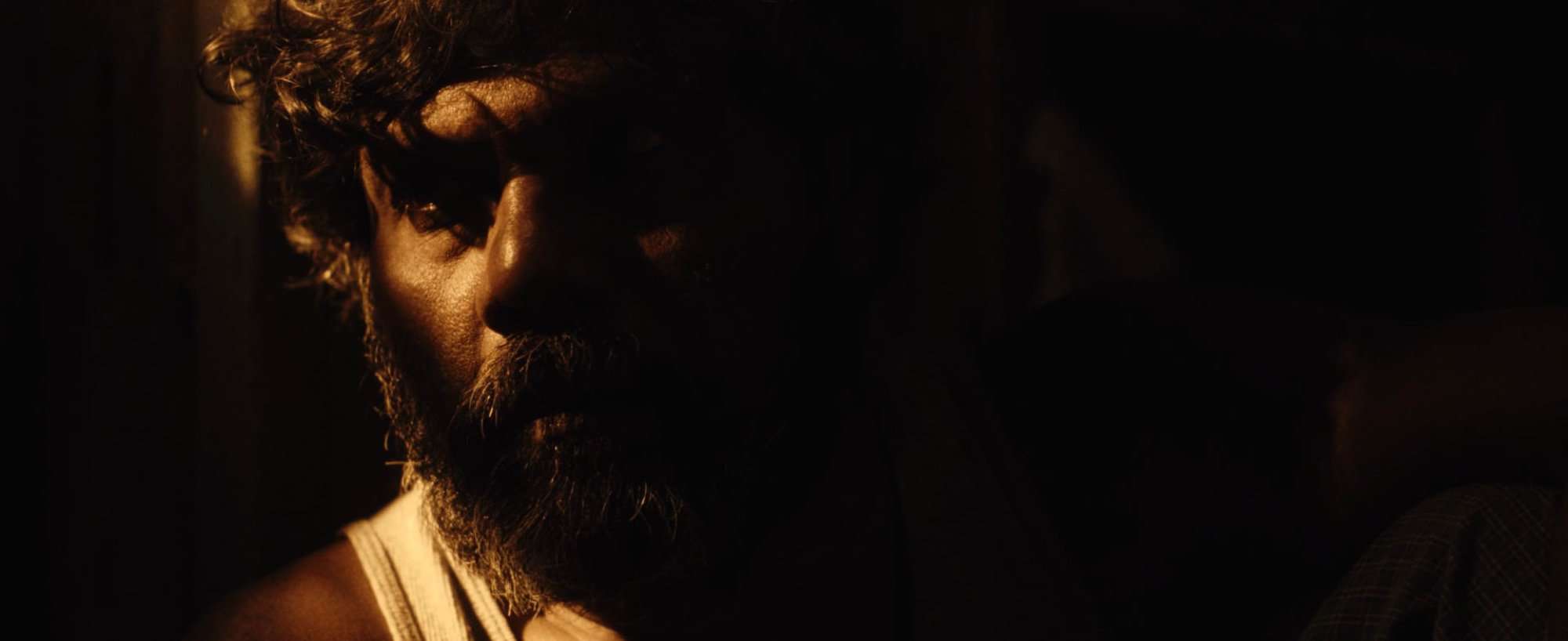Choosing to live a double-life, while quite complicated and next-to-impossible in reality, is one of the most interesting themes in literature and movies. Especially combined with the thriller-genre it can lead to quite interesting narratives, for example, with the idea of a gangster of a hitman having to disguise his or her actions in front of others. In his new feature film prolific Japanese filmmakers Junji Sakamoto, whose drama “Another World” won the Audience Award at Tokyo International Film Festival 2018, utilizes that concept in a blend of drama and comedy telling the story of a wannabe writer of crime fiction who disguises himself as an infamous killer in the Japanese underworld.
I Never Shot Anyone is screening at Camera Japan

By daytime, Susumu Ichikawa (Renji Ishibashi) is a writer of hard-boiled crime thrillers, whose work is respected by his publisher but put on hold as it lacks the qualities which define a bestseller in that genre. Most of his plots revolve around the accounts of a hitman observing and eventually killing his various targets, which are more descriptive and lack real depth, according to his publisher. While Susumu's wife Yayoi (Michiyo Okusu) thinks he is researching his new novel, her husband takes on the role of Renji Omae, a hitman, who has been doing assignments for former public prosecutor Ishida (Ittoku Kishibe), and who prowls the nightly streets of Tokyo, most specifically a small bar where he meets up with his employer, but also his publisher, who is aware of the double-life his clients leads.

However, in reality, Susumu is not a killer nor has he killed any of his targets himself, as he hands over his assignments to a real hitman, wanting only to hear his accounts of the contracts in order to use them in his novels. Over the years, the disguise has worked quite well, but lately changes in both of his lives have occurred, with his published wanting to retire and his wife suspecting Susumu might be having an affair. When a rival killer arrives in search for Renji Omae, Susumu is faced with the consequences of the lie has has lived for so many years.
Right from the start, Junji Sakamoto's new feature has a lot going for it, especially due to its cast led by Renji Ishibashi in his first main role in over 20 years. Apart from Ittoku Kishibe and Michiyo Okusu, other seasoned actors such as Koichi Sato and Satoshi Tsumbuki are also part of a talented ensemble and bring a lot of experience to the project with regard to the genre-blend Sakamoto is going for. Especially the scenes between Ishibashi and Kishibe are quite a delight to watch, with both actors having played similar characters in the past, in an effort which is strongly reminiscent of features like Takeshi Kitano's “Ryuzo and the Seven Hechmen”.
While the talent is there, “I Never Shot Anyone” fails to fully take advantage of these aspects. Aside from its cast, its jazzy score combined with Shingo Gima's cinematography establish a sense of nostalgia and neo-noir fitting to the story and its characters, but eventually not everything works as it should. “I Never Shot Anyone” runs mostly on nostalgia and a certain kind of meta-comment on the kind of crime fiction Ishibashi's character wants to succeed in, but never fully grabs its audience, much like the descriptive accounts of the killings Susumu hands in and would like to see published.
In conclusion, “I Never Shot Anyone” is a blend of comedy and neo-noir thriller, whose cast especially provides quite a lot of entertainment given their experience in both genres. While its ensemble and atmosphere work quite well, Junji Sakamoto's new feature fails to convince fully as its various aspects never quite come together.


